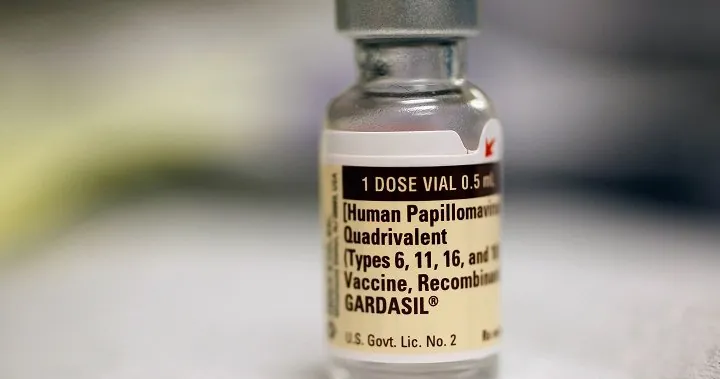
Vancouver Island Nurses Set to Provide Life-Saving HPV Vaccines to High School Seniors
2025-01-17
Author: Liam
Breaking News: Vancouver Island Nurses Set to Provide Life-Saving HPV Vaccines to High School Seniors!
Nurses on Vancouver Island are stepping up their health game as they plan to visit schools soon to offer the much-needed human papillomavirus (HPV) vaccine to students in grades 11 and 12. This initiative is a golden opportunity for high school seniors who may have missed the vaccine during its regular administration in grade 6.
The HPV vaccine plays a crucial role in defending against various types of the virus linked to several forms of cancer, including cancers of the cervix, anus, mouth, throat, and penis, as well as genital warts. According to medical health officer Dr. Christina Kay, “When given at a young age, the HPV vaccine is nearly 100 per cent effective at preventing infection from the most common types of HPV that can lead to serious health issues.”
In 2023, statistics show that only 55 per cent of children in grade 6 across Island Health received the HPV vaccine, with a notable disparity among regions: North Island at 47 per cent, Central Vancouver Island at 53.9 per cent, and South Vancouver Island leading at 65 per cent. This vaccination effort is crucial, as HPV is among the most prevalent sexually transmitted infections, spread through both sexual contact and skin-to-skin interaction.
The Canadian Cancer Society warns that about 75 per cent of sexually active individuals who aren’t vaccinated will contract an HPV infection during their lives. While many infections resolve without intervention, others can progress to serious health conditions, including cancer.
Dr. Kay reassures the public about the safety of the HPV vaccine, with over 200 million doses administered globally. "Fifteen years of monitoring have confirmed that the HPV vaccine is safe and effective," she states confidently.
Concerned parents, caregivers, and students can expect to receive informative letters from Island Health through their schools in January and February, detailing the upcoming immunization clinics. Currently, it is recommended that children aged 9 to 14 receive two doses of the vaccine, while those aged 15 and older should receive three doses for optimum protection.
In a notable point, the HPV vaccine is also endorsed by the National Advisory Committee on Immunization (NACI). However, it is important to note that it is not provided for free in British Columbia for those aged 19 to 45, including males who have sex with men, marking a potential gap in public health initiatives.
For those interested, the HPV vaccine is available for purchase at pharmacies and travel clinics, ensuring broader access for the community. This proactive approach to vaccination not only protects individual health but also contributes to fighting the ongoing battle against HPV-related diseases.



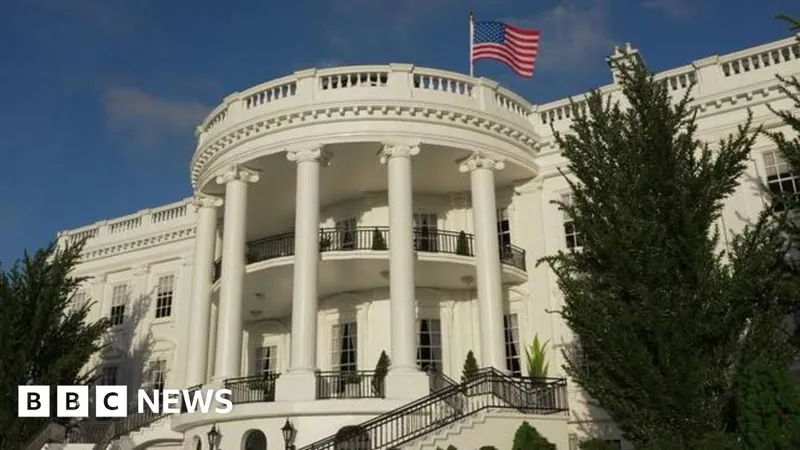

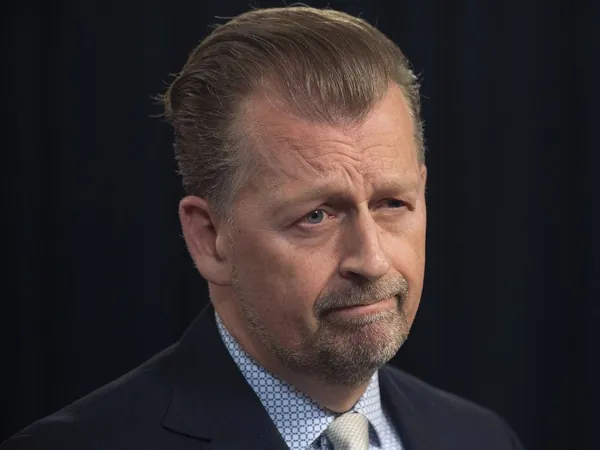
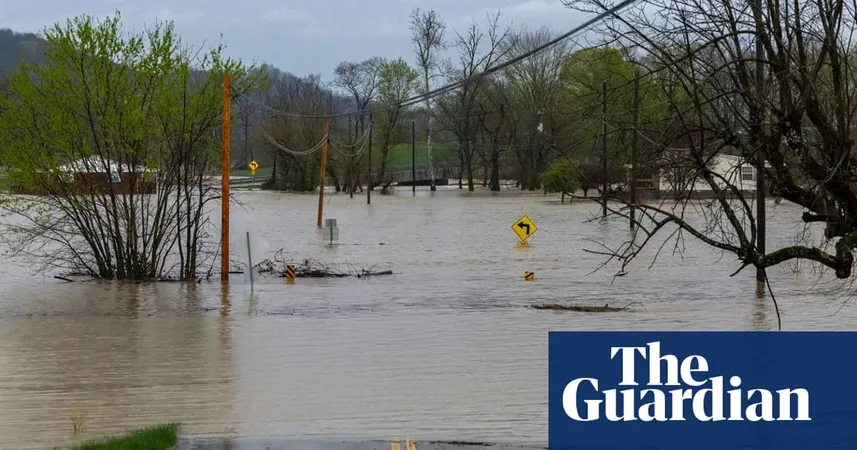
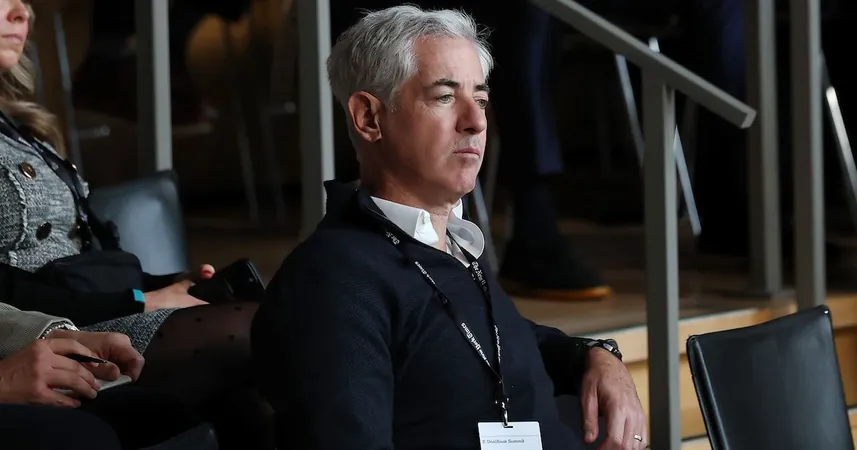

 Brasil (PT)
Brasil (PT)
 Canada (EN)
Canada (EN)
 Chile (ES)
Chile (ES)
 Česko (CS)
Česko (CS)
 대한민국 (KO)
대한민국 (KO)
 España (ES)
España (ES)
 France (FR)
France (FR)
 Hong Kong (EN)
Hong Kong (EN)
 Italia (IT)
Italia (IT)
 日本 (JA)
日本 (JA)
 Magyarország (HU)
Magyarország (HU)
 Norge (NO)
Norge (NO)
 Polska (PL)
Polska (PL)
 Schweiz (DE)
Schweiz (DE)
 Singapore (EN)
Singapore (EN)
 Sverige (SV)
Sverige (SV)
 Suomi (FI)
Suomi (FI)
 Türkiye (TR)
Türkiye (TR)
 الإمارات العربية المتحدة (AR)
الإمارات العربية المتحدة (AR)